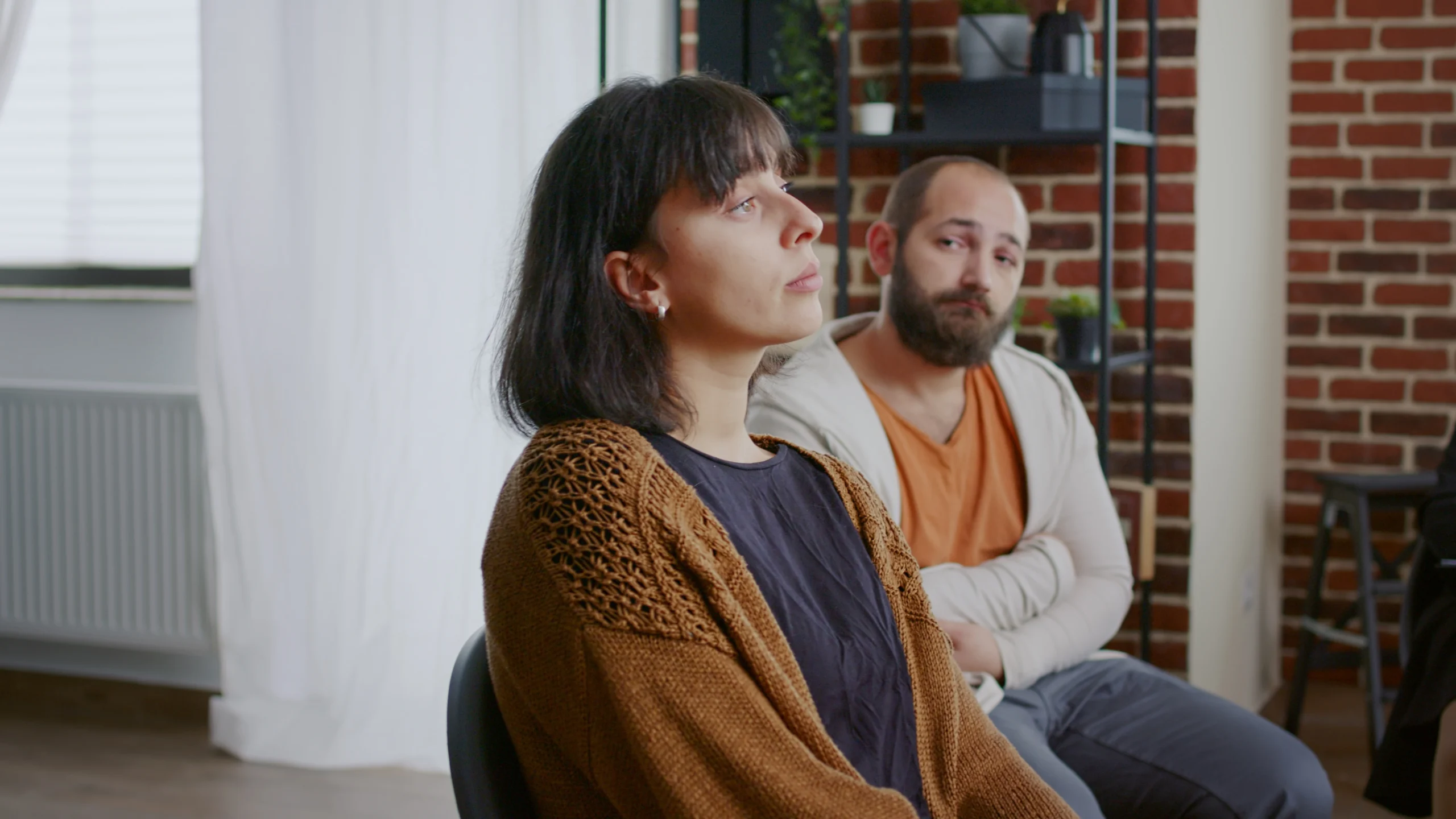Mental health and substance use are deeply connected. In many cases, individuals struggling with one condition are also battling the other, a situation known as dual diagnosis or co-occurring disorders. The earlier you recognize the signs of mental health challenges or the signs of substance use disorder, the sooner you can seek appropriate care and prevent serious long-term consequences.
This blog will help you identify the early warning signs of both conditions, understand how they interact, and explain why early intervention in addiction treatment is key to long-term recovery.
What Is a Dual Diagnosis?
A dual diagnosis means someone is experiencing both a mental health disorder and a substance use disorder at the same time. According to the Substance Abuse and Mental Health Services Administration (SAMHSA), over 9 million adults in the U.S. had co-occurring disorders in 2021. These individuals often struggle to find stability unless both issues are addressed simultaneously.
For example, someone with untreated anxiety or PTSD may use alcohol or drugs to cope. On the other hand, ongoing drug or alcohol use can trigger depression, paranoia, or even psychosis. This cycle often goes unnoticed until it begins to significantly impact day-to-day life.
Early Signs of Mental Health Issues
Recognizing the signs of mental health problems can prevent a situation from escalating into a crisis. The National Alliance on Mental Illness (NAMI) identifies several key emotional, behavioral, and physical symptoms that may signal a developing mental health concern.
Emotional and Behavioral Signs:
- Persistent sadness, hopelessness, or irritability
- Withdrawing from friends and loved ones
- Loss of interest in previously enjoyed activities
- Unexplained anger, anxiety, or mood swings
- Suicidal thoughts or behaviors
Physical and Cognitive Signs:
- Trouble sleeping or sleeping too much
- Low energy or fatigue
- Difficulty concentrating or making decisions
- Hallucinations or delusional thinking
- Unexplained aches or physical complaints
These symptoms may build gradually, making them difficult to detect right away. However, being aware of the early signs of mental health changes can encourage proactive support and treatment.
Recognizing the Signs of Substance Use Disorder
The signs of substance use disorder can vary depending on the substance being used and the person’s lifestyle. However, there are common behavioral, physical, and emotional patterns that may suggest a growing problem:
Behavioral Signs:
- Lying or being secretive about activities
- Changes in friends, routines, or daily habits
- Neglecting responsibilities at home, work, or school
- Legal issues or financial troubles
- Risky behaviors, especially when under the influence
Physical and Emotional Signs:
- Bloodshot eyes, changes in appearance, or hygiene neglect
- Sudden weight loss or gain
- Memory problems or blackouts
- Heightened anxiety, irritability, or depression
- Using substances to cope with stress or emotions
Substance use may initially appear recreational or harmless. But once it begins to affect relationships, responsibilities, or physical health, it is critical to act.
Overlapping Symptoms Can Be Confusing
Many symptoms of mental health disorders and substance use overlap. For example, both can cause mood swings, social withdrawal, or concentration problems. Sometimes, people seek help for one issue without realizing that the other is contributing to their struggle.
This is why it’s essential to seek support from addiction professionals trained in dual diagnosis treatment, who can evaluate both issues and create an integrated care plan.
Why Early Intervention Is So Important
Early intervention improves outcomes significantly, especially for individuals with co-occurring disorders. When warning signs are caught early, people are more likely to respond positively to addiction treatment and less likely to face long-term consequences like chronic health problems, broken relationships, or legal issues.
Benefits of Early Intervention Include:
- Improved mental and physical health through timely care
- Lower risk of suicide or overdose, especially among youth and veterans
- Shorter and more effective treatment durations
- Better long-term recovery and reduced relapse rates
According to the Centers for Disease Control and Prevention (CDC), people with mental health and substance use disorders are at increased risk for suicide and overdose, but those who receive support early are more likely to recover successfully.
What to Do If You See the Signs
If you notice signs of mental health issues or suspect a substance use disorder in yourself or a loved one, don’t wait to get help.
Steps You Can Take:
- Start a conversation with empathy and concern.
- Document changes in behavior or mood that raise red flags.
- Reach out to mental health counselors, addiction specialists, or treatment centers experienced in dual diagnosis.
- Explore treatment options, including outpatient therapy, residential programs, and support groups.
California Recovery Center offers integrated care that addresses both mental health and substance use disorders in a supportive, stigma-free environment.
Recovery is possible. Don’t wait to ask for help.
Recognizing the signs of mental health disorders and the signs of substance use disorder can be lifesaving. These issues are more common than many realize, and help is available. Taking early action, whether for yourself or someone you care about, can lead to a path of healing, purpose, and renewed hope.
Helpful Resources
- SAMHSA National Helpline: 1-800-662-HELP (4357)
- NAMI HelpLine: Mental health information and support




